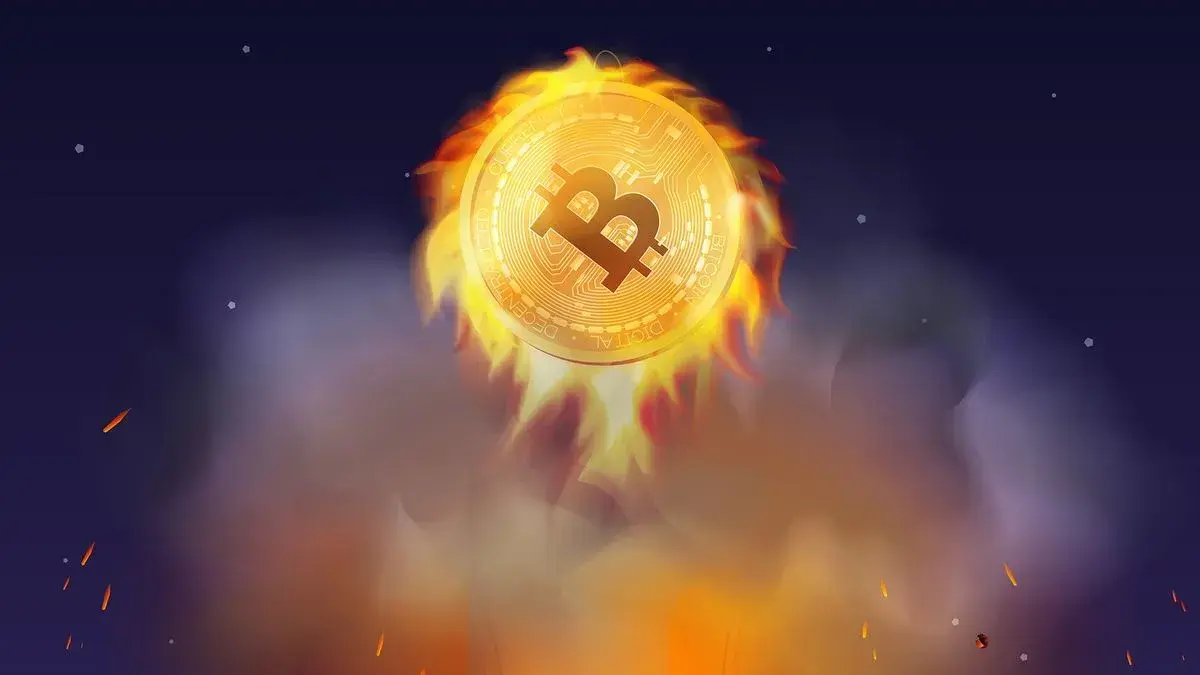You'd need to qualify what you mean by 'exchanging any value of money'. If it's handing a note of currency to your friend, the energy cost of circulating the bill is associated. If you mean someone not in the same room, then you need to accept the associated caveats of running the traditional finance system e.g. ATM costs, financed emissions, and other essential components of the fractional reserve bank concept. Totally aside from the server requirements to physically run the network. Without all of those things, you can't exchange any value of money.
Traditional finance almost certainly consumes as much water as Bitcoin on a per-capita basis, and on an absolute basis traditional finance uses way, way more. The difference is the global network of banking operations is opaque. For Greenidge Generation, their 2.5EH/s hashrate is a part of their product, advertising it is a sales tactic. Just makes it a bit less abstract to pick apart and then make broad generalisations about the sum hashrate of the network based on this LNG-powered site the report is based on. For what it's worth, that's not really a feasible way to mine Bitcoin. It suggests energy generation is their real product.
The real answer is a rhetorical question: what is the impetus for the traditional finance system to operate sustainably, either now or in future? Because for Bitcoin miners it's clear. The monetary policy essentially dictates it over time. Reward yield decreases for the same amount of work. You don't need to get into whether it's environmentally sustainable, because it's not economically sustainable unless you're generating a fully renewable energy source.


